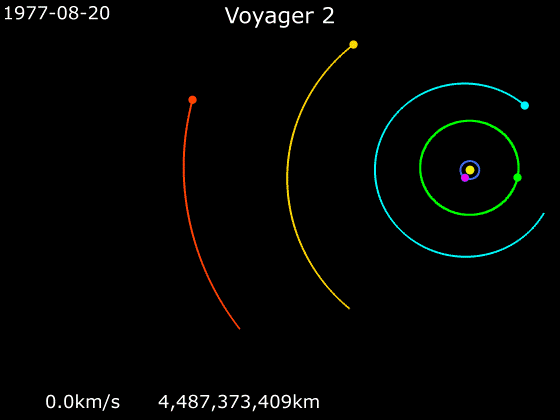The temporal rights view of natural rights offers a unique perspective on love and freedom. Founded on the principle that whatever power a thing has, it also has an intrinsic right to use that power; the temporal rights worldview embraces everything observable or detectable. Meanwhile, perhaps the greatest force in our universe is the power embodied in the rights of love. After all, love is capable of discovering worlds and populating them.
 Of all the natural human rights, the right to love is the most powerful and most often ignored. It is the highest of the temporal rights. We can love and therefore we have the right to love. In fact, only a few will argue with the idea that love is the greatest power available to the human being.1 It is a mysterious thing that politicians rarely use the word. Or perhaps that fact demonstrates their almost universal focus on more coercive measures. And that introduces the “magic” of the right to love.
Of all the natural human rights, the right to love is the most powerful and most often ignored. It is the highest of the temporal rights. We can love and therefore we have the right to love. In fact, only a few will argue with the idea that love is the greatest power available to the human being.1 It is a mysterious thing that politicians rarely use the word. Or perhaps that fact demonstrates their almost universal focus on more coercive measures. And that introduces the “magic” of the right to love.
The Nature of Love and Its Natural Rights
I want to point out some of the salient features of love and I will do that most efficiently by describing them at their extremes.
Love is the granting or extension of rights, permissions, and freedom. When I love you I give you authority and license over me. When I love you I trust you, let you breach my defenses, and submit to your will. I make myself vulnerable to your actions, even grant you stewardship over my happiness. I cast myself at your feet and make myself a slave to your wishes. I give you rights over my very being. If I trust you completely, my submission can also be complete, and that grant of rights to you gives me happiness. It is the surrender of a significant portion of my will to yours with the assurance that not only will I be safe under your wing, but will be more useful, valuable, trusted, and significant there than I would otherwise be.
 If you love me, then you grant me the same rights over you.
If you love me, then you grant me the same rights over you.
The power of love lies in the fact that this mutual contract gives us more power than mere cooperation could ever do. It is the binding together of two wills that yields so much happiness. So much happiness that we can easily become infatuated with it. We love to love and to be loved. It is the highest possible state the human can imagine and actually experience.
The Submission of the Will
This aspect of love needs some clarification. When there is love, the parties thereto submit their wills, to the wishes and to the stewardship of the other. This submission is not the destruction of wills, but of their willful combination. It is a recognition of and respect for the diversity between the parties, with a determination that creates an agreement between them. This covenant leverages all the aspects of their diversity to create a union with strength, wisdom, and fortitude that is otherwise unavailable to them singly.
When we use our will to choose to love, we choose to humble ourselves in a way that lifts us to a higher plane. That choice is a willful submission of self. As Eric Fromm said, “Love is a decision, it is a judgment, it is a promise. If love were only a feeling, there would be no basis for the promise to love each other forever.”2
The Power of Marital Submission
Life is full of dilemmas and here is one of them. By the voluntary restriction of my freedom I place myself in an orbit where I become more than I could have been alone.

The mutual swearing of immutable vows of fidelity, trust, and devotion to secure their love, gives the individuals a focus and a determination to make their contract endure and flourish in spite of the difficulties that will naturally arise while they negotiate life’s twists and turns.
This allows time to bind hearts together in a trust that becomes insurmountable. Thus, by submission and by surrendering a portion of freedom, greater freedom is obtained. This is as counter intuitive as the slingshot orbit used by scientists to accelerate space probes.
And not surprising: it’s all about rights.
Mutual love secured by solemn covenants forms an unbreakable union which permits its parties to leverage their temporal rights and lift themselves into a higher plane of existence. This is above the dog eat dog level of raw temporal rights. And that is because the covenants of love forever preclude the negative and destructive use of temporal rights. They have agreed that they will never violate each other’s rights. Simultaneously they have made themselves completely vulnerable to the actions of the other party. Without submission, there is insufficient power in the covenant to lift themselves out of the temporal rights level of existence.
This is how powers and their attendant rights are multiplied. This is how the human race can make eternal progress.
1 Some will say that hate is more powerful, and perhaps it is while it has its day. But because it is self-destructive, only love will endure.
2 Fromm, Erich. The Art of Loving. Allen & Unwin, 1958.




